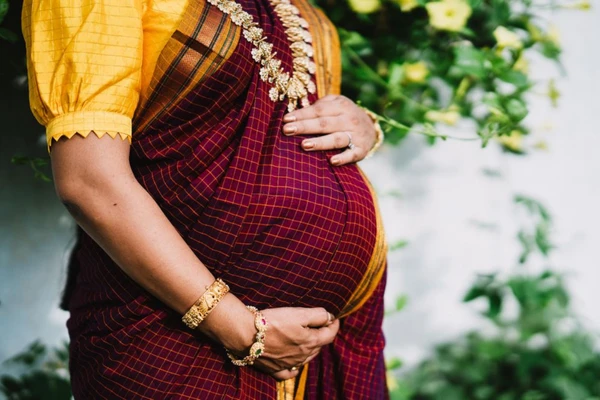The Ministry of Health and Family Welfare recently sought a report from the Government of Punjab on age limit and ethics involved in the in-vitro fertilization (IVF) treatment.
Provisions for age limit under the Assisted Reproductive Technology Act of 2021:
- The ART Act states that its objective is merely to regulate and supervise ART clinics and banks, and provide an avenue for safe and ethical ART services.
- The object of the SR Act is to create a framework of boards and authorities to regulate surrogacy procedures.
- The Act allows IVF (in vitro fertilization) and other fertility treatments only for women under age 50 and men under 55.
- IVF is a type of assisted reproductive technology (ART) that uses a combination of medicines and surgical procedures to help sperm fertilize an egg, and its implant in the uterus.
- IVF is a fertility treatment that involves combining a woman’s egg and a man’s sperm in a laboratory, after which the fertilized egg, or embryo, is implanted into the uterus.
- The law states that married couples can commission ART services if the woman is between 21-50 years old and the man is between 21-55 years old.
- Married couples must also be infertile (unable to conceive or suffer from any other proven medical condition which prevents conception).
- In case a woman wishes to avail of ART services beyond this age, she must have a detailed medical and physical examination, including verification of good mental health.
- The unborn child must be insured and have guidelines as to who will be the legal guardian of the child in case they die and are thus unable to take care of the child.
- ART banks may obtain semen from males between 21-55 years of age, and eggs from females between 23-35 years of age.
Debate over Age-limit of Couples:
- The discussion on whether there should be restrictions for access to ART is a matter of continuous medical, societal, and ethical-legal debate.
- One of the most controversial topics in this context is the use of parental age as a criterion to limit access to ART.
- Views are divided on whether there should be an upper age limit for one or both parents and on where such limits should be.
- The ART and Surrogacy Regulation Acts fall afoul Articles 14, 15(1), and 21 of the Constitution.
- These Fundamental Rights prohibit the State from denying equality before the law or the equal protection of laws to any person.
- This prevents discriminating against any citizen on grounds of sex and from depriving the right to life or personal liberty except according to procedure established by law.
- While the age limit is reasonable, there are some exceptions as it is believed that every woman has the reproductive right to become a mother.
- The Acts excludes newly married couples or those who have an existing child but are unable to have another and wish to do so via surrogacy.
Ref:Source
| UPSC IAS Preparation Resources | |
| Current Affairs Analysis | Topperspedia |
| GS Shots | Simply Explained |
| Daily Flash Cards | Daily Quiz |



